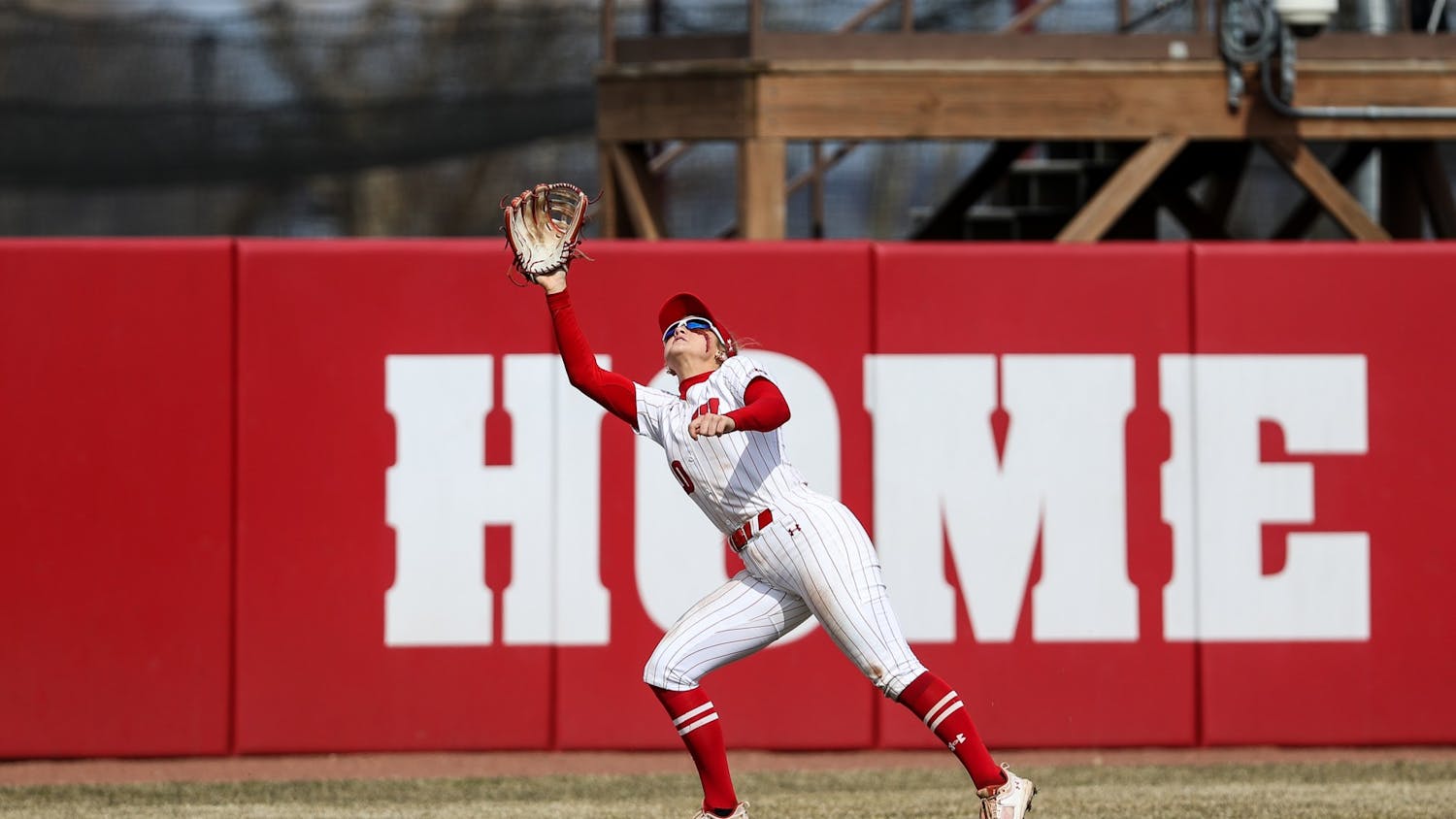When the Wisconsin Badgers and Kentucky Wildcats squared off at the Final Four in Arlington, Texas, fans were treated to a matchup between two programs with very different philosophies when it comes to recruiting and player development.
On one side, there were the Wildcats, the poster child of success in the one-and-done era of college basketball. Under head coach John Calipari, Kentucky has thrived by signing class after class of highly touted recruits, knowing fully well that these superstar freshmen won’t be sticking around the school for very long.
Many college basketball fans already deplored Calipari due to his controversial tenures at Massachusetts and Memphis, and his unapologetic approach to recruiting in this unpopular one-and-done era only added to their ire.
Say what you will about his checkered coaching past, but quite frankly it’s unfair to harbor such extreme disdain for Calipari over his recruiting methods at Kentucky. The NCAA and NBA are the ones who have created an environment where many great players leave their respective schools after just one year; Calipari is just simply doing whatever it takes to build a national-championship contender, and it’s hard to argue with his results.
Calipari, in his fifth season at the school, has now made three Final Four appearances with the Wildcats and led the team to a national title in 2012.
Facing off against Kentucky was a Wisconsin team that does have freshman talent, but relies heavily on experienced players and veteran leadership.
To put the disparity between these two programs into perspective, all five of Kentucky’s starters in their national semifinal matchup against the Badgers were freshmen. In head coach Bo Ryan’s 13 years at Wisconsin, he has started just four true freshmen.
Ryan’s Badgers are somewhat of an anomaly in today’s college basketball landscape. Few, if any, teams have been able to match Wisconsin’s sustained level of success without bringing in a star freshman player that doesn’t plan on staying at the school long-term.
Even other schools that typically are centered around veteran leaders have brought in a standout freshman to lead the team one time or another, such as Duke and Kansas bringing in Jabari Parker and Andrew Wiggins, respectively.
But Ryan simply has never employed that method of recruiting, instead unwaveringly sticking to his philosophy of bringing in mostly unheralded recruits and developing them into solid players that fit well into his system. Freshmen are typically role players on Bo Ryan-coached teams, rarely the stars.
Building teams led by upperclassmen not only allows the younger players extra time to develop, but helps build team chemistry as well. This year’s Badgers team was a perfect example of that, a group of tight-knit players that truly loved playing alongside one another. The raw emotion in the locker room following Saturday’s gut-wrenching loss can attest to that.
They were also perhaps the perfect combination of players for a team coached by Ryan.
Sharp-shooting senior guard Ben Brust and dynamic junior forward Frank Kaminsky provided experience and leadership for Wisconsin, along with fellow starters in sophomore forward Sam Dekker, redshirt junior guard Josh Gasser and junior guard Traevon Jackson. Meanwhile, freshman forward Nigel Hayes and freshman guard Bronson Koenig were both valuable assets off the bench, with Hayes being named the Big Ten’s Sixth Man of the Year.
The team’s unselfish play and incomparable team chemistry helped UW rebound from a rough stretch in the season where it lost five of six, and was a key factor in its memorable run to the Final Four. A team made up almost entirely of freshmen simply will never have that kind of chemistry.
Despite the fact that there seems to be many positives to the way Wisconsin has built its program, it certainly isn’t without its drawbacks.
Even though he’s led the Badgers to the NCAA tournament every year he’s been at the school, this was Ryan’s first trip to the Final Four. The lack of big-name recruits can also be a problem at times for Wisconsin, as it leaves UW at a disadvantage in athleticism against teams like Kentucky.
The Badgers’ tenacity and hot shooting kept them in the game against the Wildcats; they shot 8-for-20 on 3-pointers and 19-for-20 from the charity stripe.
However, this wasn’t quite enough to overcome Kentucky shooting 50 percent from the field, including freshman guard Aaron Harrison’s cold-blooded 3-pointer in the waning seconds of the game. March Madness is a place where teams like Wisconsin can make a deep run, but it’s also a stage where stars like Harrison shine their brightest.
True, the remarkable chemistry and unity between all of the Badger players helped carry them all the way to Texas, but it also made an already heartbreaking defeat that much more difficult to cope with.





